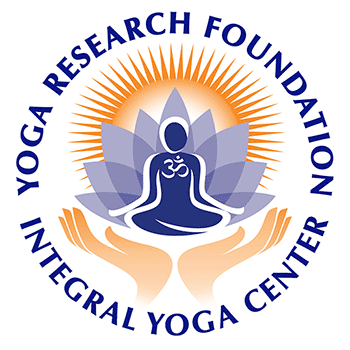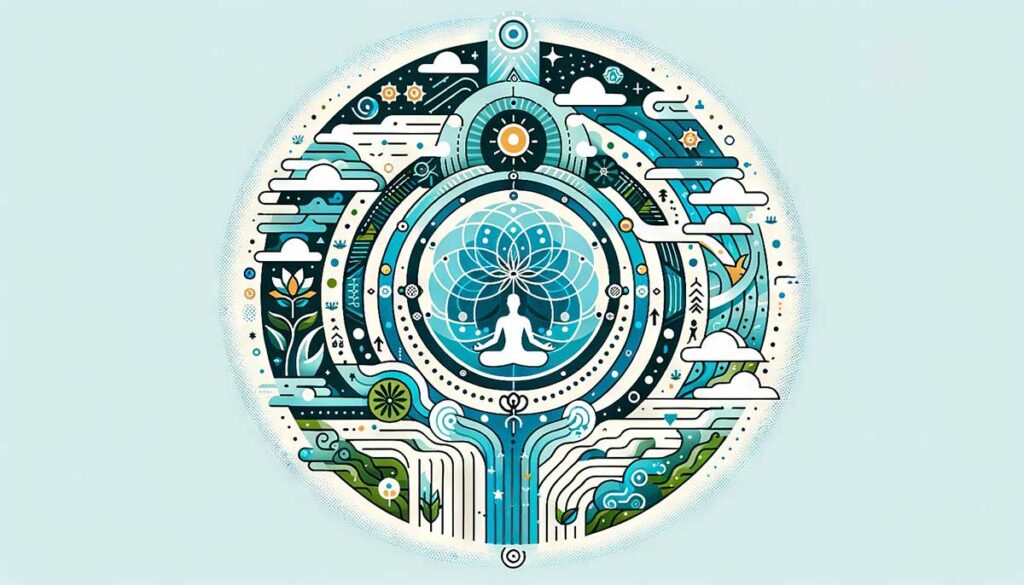Karma Yoga, while offering a path to spiritual enlightenment and personal growth, also presents its practitioners with several challenges. Among these, the ego, attachment, and expectations stand out as significant obstacles that can hinder progress on this path. Overcoming these challenges is essential for anyone seeking to fully embrace the teachings of Karma Yoga and experience its transformative effects.
Ego: The Illusion of Separateness
The ego, often considered our sense of individual identity, can be a major barrier in the practice of Karma Yoga. It thrives on recognition and the illusion of separateness, leading to actions driven by personal gain rather than selfless service. Overcoming the ego requires a conscious effort to recognize our interconnectedness with all beings and the realization that true fulfillment comes from serving others. Practices such as mindfulness and meditation can help in observing and detaching from the ego’s influence, fostering a sense of humility and unity with the universe.
Attachment: The Root of Suffering
Attachment to outcomes, people, or material possessions is another significant challenge in Karma Yoga. It stems from the mistaken belief that happiness and peace are contingent on external circumstances. This attachment can cloud our judgment and lead to suffering when expectations are not met. Embracing detachment, or Vairagya, involves appreciating the impermanent nature of all things and finding contentment in the present moment, irrespective of external conditions. This shift in perspective allows us to engage in actions with a sense of freedom and equanimity.
Expectations: Letting Go of Desired Outcomes
Expectations about the results of our actions can create a barrier to living the principles of Karma Yoga. When we act with specific outcomes in mind, we set ourselves up for disappointment and miss the opportunity to practice Nishkama Karma, or action without attachment to results. To overcome this challenge, it’s essential to focus on the intention and effort behind our actions, letting go of the need for recognition or specific results. This approach not only liberates us from the cycle of expectation and disappointment but also aligns our actions with the higher purpose of serving the greater good.
Integrating Karma Yoga into Everyday Life
The essence of Karma Yoga lies in its application to everyday life, transforming ordinary actions into opportunities for spiritual growth and selfless service. Here are practical ways to incorporate Karma Yoga principles into daily routines:
- Mindfulness in Action: Approach every task, no matter how mundane, with full awareness and dedication. See each action as an offering to the divine, cultivating a sense of reverence for life in all its forms.
- Selfless Service: Engage in volunteer work or acts of kindness without seeking recognition or reward. Let the act of giving be its own reward, fostering a sense of joy and fulfillment.
- Reflective Practice: Regularly reflect on your actions and motivations. Use journaling or meditation to explore areas where ego, attachment, and expectations may be influencing your behavior, and consciously choose to act from a place of compassion and detachment.
The Path Forward with Karma Yoga
Embracing the path of Karma Yoga is a journey of continuous learning and practice. By acknowledging and addressing the challenges of ego, attachment, and expectations, we can deepen our understanding and application of its teachings. This journey not only facilitates personal enlightenment but also contributes to collective harmony and well-being. As we integrate the principles of Karma Yoga into our daily lives, we transform our actions into expressions of divine love, moving closer to realizing our true nature and the interconnectedness of all existence.
Karma Yoga offers a blueprint for living a life of purpose, where every action is infused with the spirit of selfless service and a deep reverence for life. It invites us to step into our roles as agents of change, using our unique talents and abilities to contribute to the world’s welfare. Through the practice of Karma Yoga, we embark on a sacred journey towards self-realization and unity with the divine, paving the way for a future where love, peace, and harmony prevail.
As we continue to explore and embody the teachings of Karma Yoga, we open ourselves to the profound transformation that comes from living in alignment with universal principles. It’s a path that requires dedication, humility, and the willingness to see beyond the self, offering boundless opportunities for growth and the realization of our highest potential.
For those eager to explore more about Karma Yoga and its role within the vast teachings of Integral Yoga, Swamiji’s “Integral Yoga: The Secret to Enlightenment” is an essential resource, full of insights and guidance.
Questions and Answers on Karma Yoga
Q: How does Karma Yoga help in facing life’s challenges?
A: Karma Yoga offers a perspective of seeing challenges as opportunities for growth, teaching us to approach obstacles with equanimity, resilience, and a positive attitude, which helps in overcoming them gracefully.
Q: Can Karma Yoga practices reduce stress and anxiety?
A: Yes, the principles of Karma Yoga, especially mindfulness and detachment from outcomes, can significantly reduce stress and anxiety by promoting a calm and centered approach to life’s uncertainties.
See Discovering Yoga: A Beginner’s Guide to Uniting Mind, Body, and Spirit – Part 1
Also see “Essence of Karma Yoga” by Swami Sivananda: https://www.dlshq.org/download/essence-of-yoga/#_VPID_8
Next, we explore the ultimate goal of Karma Yoga: the attainment of inner peace. Part 4 will delve into how the practice leads us to serenity and fulfillment, regardless of external circumstances. Stay tuned for ‘The Path to Inner Peace through Karma Yoga.’

